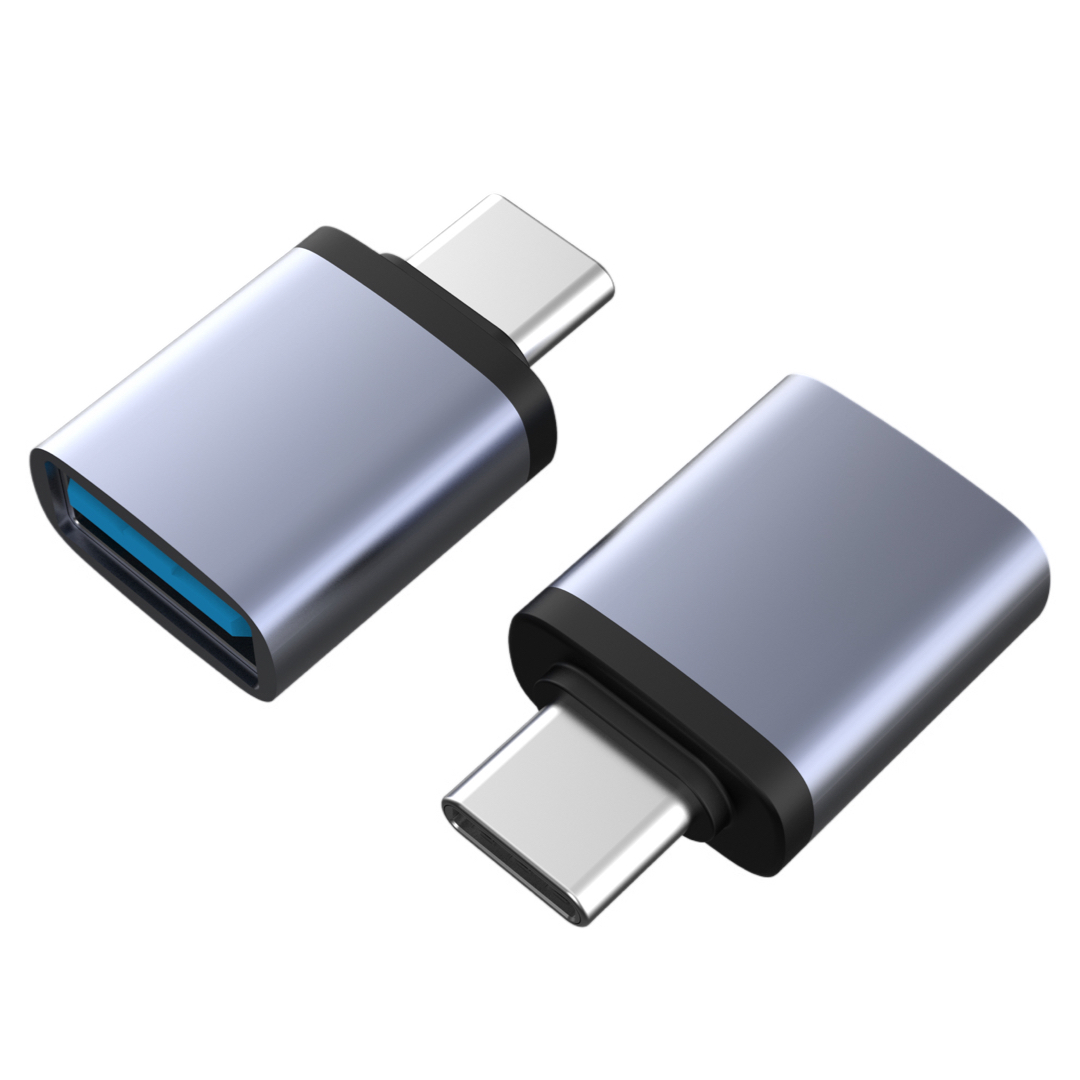Introduction

The rise of smart audio adapters explores the application prospects of AI technology in the audio field. As artificial intelligence continues to advance, it has found its way into various sectors, including audio technology. Smart audio adapters are innovative devices that utilize AI algorithms to enhance and transform the audio experience. This article delves into the evolution of these adapters, their potential applications, and the impact they can have on the audio industry.
The Emergence of Smart Audio Adapters
Smart audio adapters have emerged as a game-changer in the audio industry. These compact devices can be connected to existing audio systems, such as speakers, headphones, or car audio systems, to add smart capabilities. With built-in AI technology, these adapters can process voice commands, perform audio analysis, and connect to other smart devices in the home or office.
These adapters are designed to seamlessly integrate with popular virtual assistants, such as Amazon Alexa or Google Assistant, enabling users to control their audio devices using voice commands. By leveraging AI algorithms, smart audio adapters can understand and respond to natural language, making it easier and more intuitive for users to interact with their audio systems.
Applications of Smart Audio Adapters
The application prospects of smart audio adapters are vast and diverse, revolutionizing the way we experience audio. Let's explore some of the key applications:
1. Voice-controlled Audio Systems: One of the primary applications of smart audio adapters is enabling hands-free, voice-controlled audio systems. Users can simply issue voice commands to play specific music tracks, adjust the volume, or even control other smart devices in their surroundings.
2. Personalized Audio Recommendations: Smart audio adapters leverage AI algorithms to analyze user preferences, listening habits, and contextual data to offer personalized audio recommendations. These devices learn from past interactions and adapt their recommendations based on individual preferences, making the listening experience more tailored and enjoyable.
3. Audio Analysis and Enhancement: AI-powered audio adapters can analyze audio content in real-time. They can detect speech patterns, environmental noise, and adjust audio settings to optimize the listening experience. The adapters can automatically adjust volume levels, enhance speech clarity, and reduce background noise, ensuring an immersive and high-quality audio experience.
The Impact on the Audio Industry
The advent of smart audio adapters has the potential to disrupt the audio industry in several ways. Here are some notable impacts:
1. Increased Accessibility: Smart audio adapters make advanced audio technology more accessible to a wider audience. By adding smart capabilities to existing audio devices, users no longer need to purchase expensive smart speakers or replace their entire audio system. This accessibility empowers users to enjoy the benefits of AI-driven audio technology without significant investments.
2. Enhanced User Experience: With AI-powered capabilities, smart audio adapters offer an enhanced user experience. Users can effortlessly control their audio systems using voice commands, receive personalized recommendations, and enjoy optimized audio quality. These features enhance convenience, engagement, and overall satisfaction for audio enthusiasts.
3. Drive for Innovation: The emergence of smart audio adapters fuels innovation in the audio industry. Manufacturers are actively exploring new features, improving voice recognition accuracy, and integrating adaptive audio algorithms. This drive for innovation leads to the development of cutting-edge audio technologies that further enhance the overall audio experience.
Conclusion
The rise of smart audio adapters showcases the promising application prospects of AI technology in the audio industry. These adapters offer convenience, personalization, and improved audio quality. As the audio industry continues to evolve, it is clear that AI-powered smart audio adapters are at the forefront of transforming the way we interact and experience audio.



